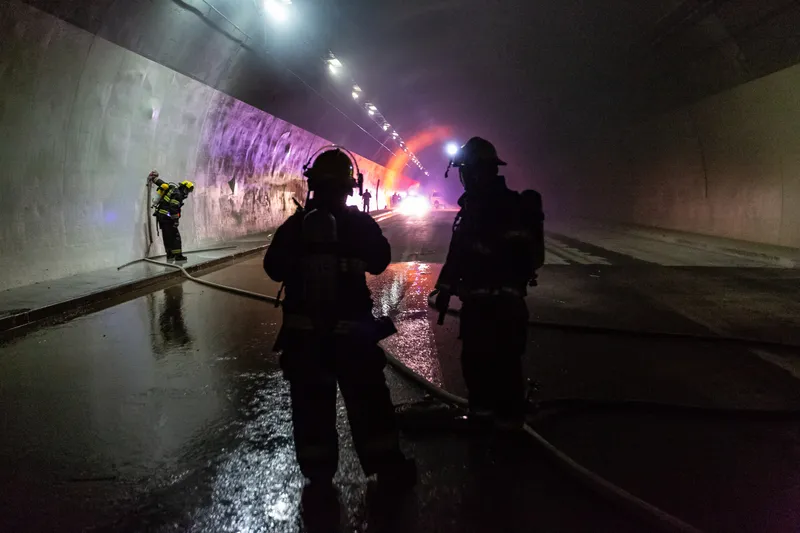Lithunia-headquartered JSC Viltechna will use the 2015 ITS World Conference to present an automatic obstacle detection and collision avoidance system that was developed to cover safety, detection, control and monitoring issues at railroad crossings. It is claimed that this laser scanner-based integration friendly solution offers 100% coverage of the observed area, reliable monitoring without false alarms in any weather conditions and ensures collision avoidance by early warning/video transmission to respons
August 3, 2015
Read time: 1 min

Lithunia-headquartered JSC Viltechna will use the 2015 ITS World Conference to present an automatic obstacle detection and collision avoidance system that was developed to cover safety, detection, control and monitoring issues at railroad crossings. It is claimed that this laser scanner-based integration friendly solution offers 100% coverage of the observed area, reliable monitoring without false alarms in any weather conditions and ensures collision avoidance by early warning/video transmission to responsible an operator or railway signalisation system.









